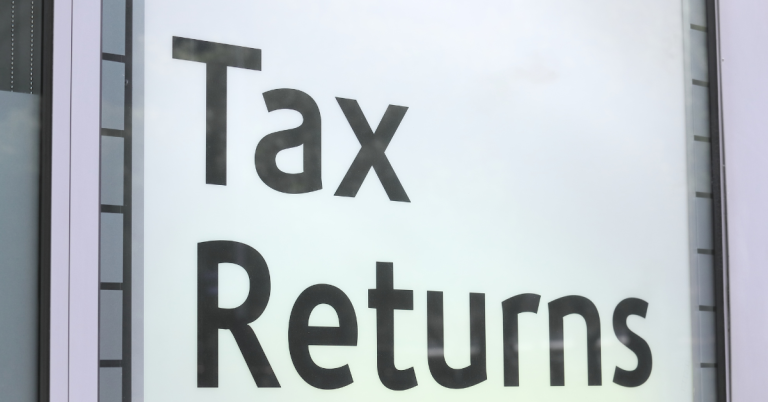What Documentation Does a Limited Corporation Need to File?
A guide to annual filings
The UK government has published a list of documents that must be filed annually. These include annual returns, accounts and any other relevant documentation.
Companies incorporated in England and Wales must file an annual return no later than 28 days after the end date of the financial year. This includes information about the company’s directors, shareholders, registered office address, auditors, and whether it is exempt from corporation tax.
There are different rules for companies incorporating in Scotland and Northern Ireland. They must file an annual return and accounts within 28 days of the end of the financial year.

Confirmation statements
A confirmation statement is a legal obligation for every UK business. All companies must file it once a year with Companies House. This document includes basic financial information such as turnover, profit margin, assets, liabilities, and shareholders’ equity.
The form is submitted annually to the government agency. It requires basic financial information such as annual accounts, balance sheet, income statement, cash flow statement, and notes to accounts.
Completing a confirmation statements
The Securities Exchange Commission requires companies to file a confirmation statement every three years. This document provides information about the company’s financial health and current shareholders. Companies are required to provide this information to the SEC within 12 months of registering.
There is no limit on how often you can file a confirmation. You do not need to wait for the next filing deadline to submit one. However, it is highly recommended that you do so because the SEC reviews each filing individually. If you miss the deadline, the SEC won’t know about the changes to your stock ownership.
Shareholders must complete a shareholder’s declaration if there is any significant change in shares held. For example, if you sell 10% of your shares, you must report this to the SEC.
Filing deadline
The filing deadline for most companies is 14 days after the statement period ends. This includes quarterly reports and annual financial statements. If you miss the deadline, it could negatively impact your credit score and even lead to being struck off.
Frequently Asked Questions
Do dormant companies still need to file a confirmation statement?
Companies House published guidance on how to handle dormant companies. A dormant company is one where there has been no activity since the end of the financial year. This includes companies that have ceased trading, companies whose directors have died or resigned, companies that have gone into administration or liquidation, and companies that have been wound up voluntarily.
The guidance states that dormant companies must still file a confirmation statement. The document explains that although the company is dormant, it still needs to provide information about its accounts, including whether there are any changes to the registered office address, name, date of incorporation, and number of shareholders.
When are annual accounts due?
Incorporation dates can vary depending on whether you’re a sole trader, partnership firm, limited liability partnership, unincorporated association or a registered charity. If you’re incorporated, the deadline for filing your first set of annual accounts is usually the 21st month following the date of incorporation. However, there are exceptions. Your first set of accounts must be filed no later than 21 months after the date of incorporation. This applies even if you don’t hold shares in the company.
If your company is a sole trader, partnership, limited liability partnership, or unincorporated association, the deadline for filing the first set of accounts is generally the last day of the next month following the date of formation. In most cases, this means the deadline for filing the accounts is 30 days after the last day of the previous month.
For example, if you incorporate on January 1, the first set of accounts must file by July 31. If you form the company on September 1, the first set is due by December 31. If you start trading on February 1, the first set must be filed by May 31.
The reason why we say “usually” is because the rules do differ slightly depending on certain circumstances. These include whether the company holds shares in another entity, how many members there are in the company, whether the company is a public company, and what type of company it is.





